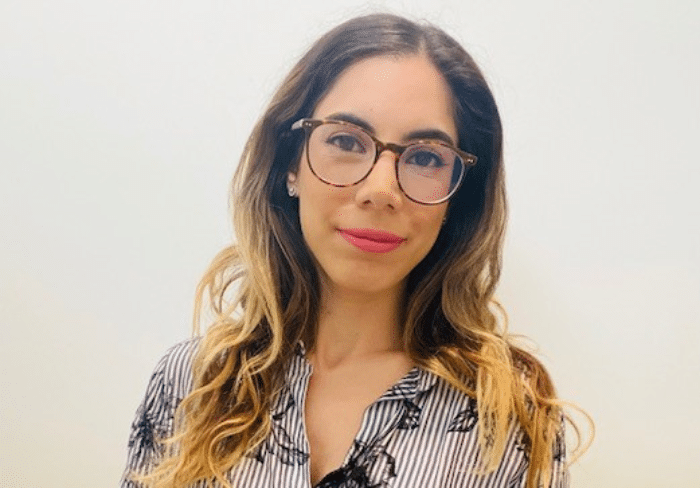Last year, we completed the largest ever psilocybin therapy trial, with 233 participants in 22 sites across 10 countries. Over 300 people were involved in running the trial, including principal and sub-investigators, study co-ordinators, study nurses, therapists, pharmacists, raters, and clinical research organisation partners and suppliers. We’re now planning for our phase 3 programme.
We spoke to Ozlem Redjep, Manager of Clinical Project Coordination at Compass, to find out what it’s like to work in clinical trials.
What inspired you to work in clinical trials?
I have always been keen to support people going through challenging times in their lives. Many people struggle with medical conditions for which there is not yet optimal treatment. I was drawn to clinical trials because I knew that I could directly contribute to making potentially life-changing new treatments available for people who need them the most.
What does a typical day look like for you?
My role is to oversee the coordination of all our Compass studies. I ensure participating sites are equipped with everything they need for the studies to run efficiently and rigorously, from start-up through to completion. While no week is the same, a typical day involves collaborating closely with a wide range of people at Compass to plan how we will set up and run our upcoming studies, and liaising with sites and vendors to support with recruitment and the scheduling of therapists and patients in line with protocol requirements.
What have you learnt from your time at Compass?
I have worked at Compass for two and a half years now, and it’s been incredibly rewarding! It was amazing to see our phase 2b study of COMP360 psilocybin therapy for treatment-resistant depression through to completion, despite all the challenges of running a study during a pandemic. We’ve learnt so much along the way, and this is contributing to the careful planning of our phase 3 programme. One of our biggest priorities now is expanding our processes to meet the needs of a multi-centre programme on a much larger scale.
What would you say to someone interested in a career in clinical trials?
A career in clinical trials can be very varied and rewarding. You will often have the opportunity to work across different therapeutic areas or disease indications and with people from all walks of life. Working in clinical trials requires strong communication skills, to effectively engage with internal and external stakeholders (sites, regulators, and vendors) to plan, initiate, develop and facilitate the studies. You also need to be highly organised, to ensure that study milestones are met in a timely manner, and detail-oriented to ensure that trial documents accurately reflect the protocol. If you have these skills and would like to play an important role in helping to bring innovative treatments to patients, then a career in clinical trials is for you!


